A group of masked radical leftists broke into the Church of National Gratitude in Santiago, Chile, Thursday, dragging the church’s oversized crucifix into the street and breaking it into pieces during a student protest.
The protest itself is being described as one of the most violent in recent memory in the nation’s capital, with protesters starting fires and throwing Molotov cocktails at police.
The march, organized by the Student Confederation of Chile (Confech), attracted an estimated 150,000 protesters calling for federal student loan reform, debt amnesty, and free higher education. On its Facebook page, Confech describes itself as “the community of students who want to eradicate today the obstacles impeding your future from being free and equal regarding higher education.” It cites its demands as “a free and equal education system … quality education for all, free of bank debts,” and “education as a right, not a privilege.”
The march rapidly turned violent as the leftist student group began to physically engage the police, who resorted to using their shields and tear gas to protect themselves. Photos show protesters starting fires and using slingshots to attack police.
Amid the chaos of the protest, a group of masked protesters entered the Church of National Gratitude, a national landmark, and looted the inside. A group dragged the church’s crucifix out into a public square and hit it with wooden sticks until it snapped into pieces.
“It is a very painful situation for us,” Santiago bishop Fernando Ramos told reporters. “Today, a very valuable religion icon has been destroyed and we do not want, due to everything that represents, for this to happen again in our country.” Archbishop of Santiago Ricardo Ezzati also issued a statement condemning what he described as “a crisis of national conscience,” noting that “these violent acts … have unfortunately become ever more frequent.”
David Morales, the head of the regional police unit, noted to reporters that he “cannot remember a march with this level of violence before.” He called for “reflexion on the part of the student movement”: “If they are not capable of condemning this type of act they do not deserve to call themselves student leaders.”
Confech is striving to distance itself from the desecration, claiming that the protesters participating in the act were not members of its group. “The incidents are isolated and we lament them, as we called early for the march to develop within normal, peaceful margins to the extent possible,” spokesman Gabriel Iturra said, blaming a “fringe group” for the attack.
Socialist President Michelle Bachelet issued a statement also condemning the violence at a protest that largely targeted her, criticizing her government for not doing enough to make college education more affordable. “Violence, masked or unmasked, is unacceptable,” she said. “Therefore, we will take the measures necessary regarding the people who commit these sorts of acts of vandalism.”
Whether the desecration of the church was a one-time act or part of a sustained campaign against Christianity remains to be seen, though those fearing the latter note a report that masked vandals burned down an evangelical church in Padre Las Casas, Chile. The culprits ran into the church shooting off guns and shouting for everyone to leave after dousing it in gasoline. After putting out the fire, witnesses found pamphlets with the name of the group Weichan Auka Mapu (“Struggle of the Rebel Territory”), a radical indigenous group. Some of the pamphlets called for the liberation of Francisca Linconao, an indigenous activist.
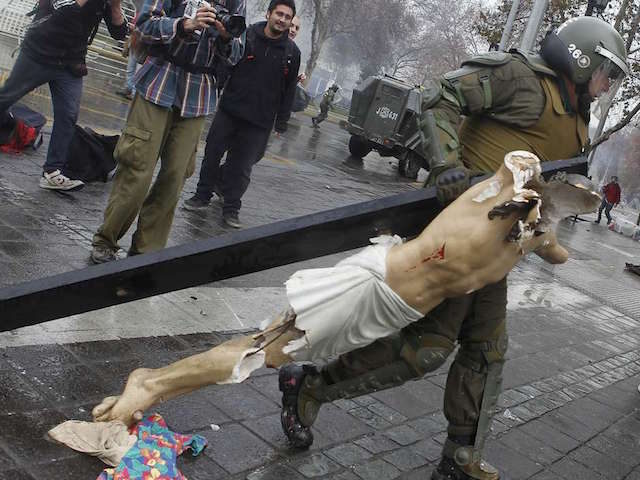
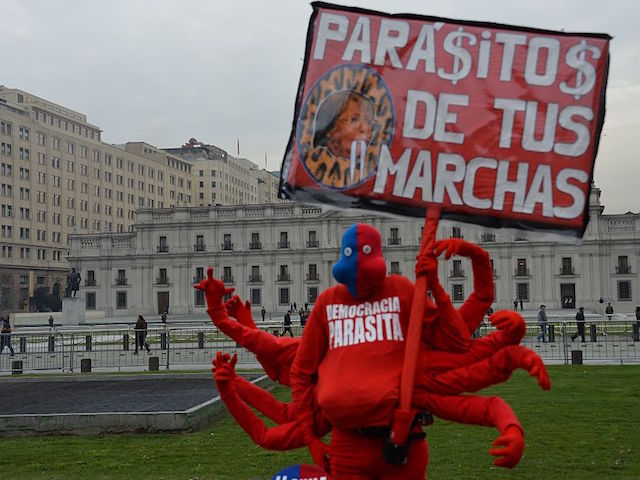
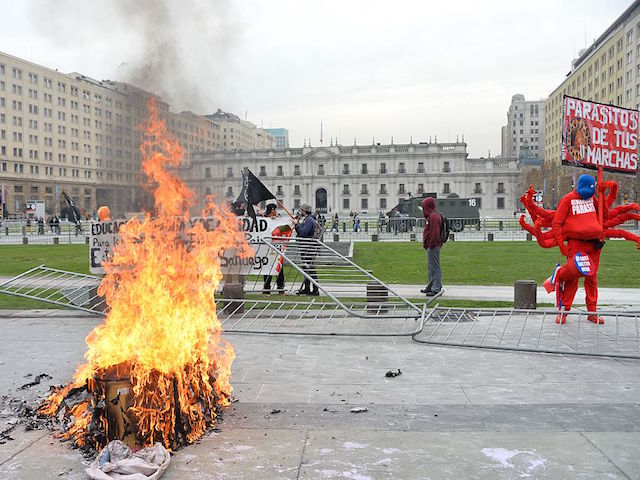
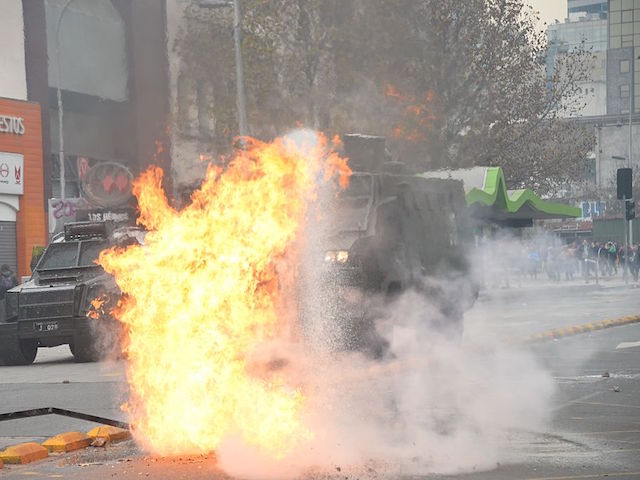
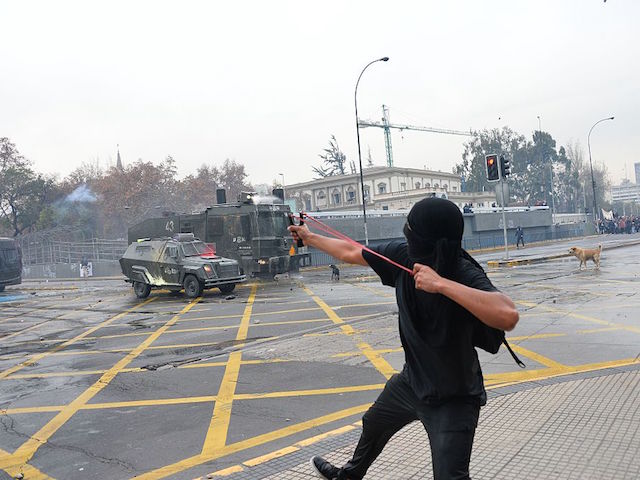
COMMENTS
Please let us know if you're having issues with commenting.